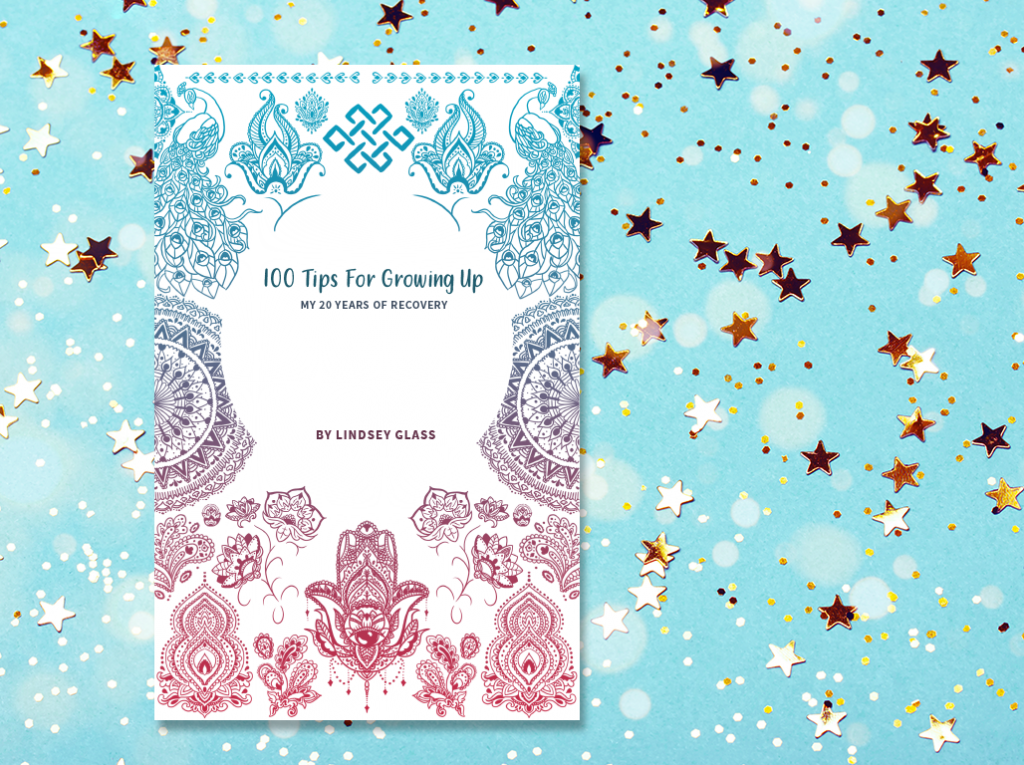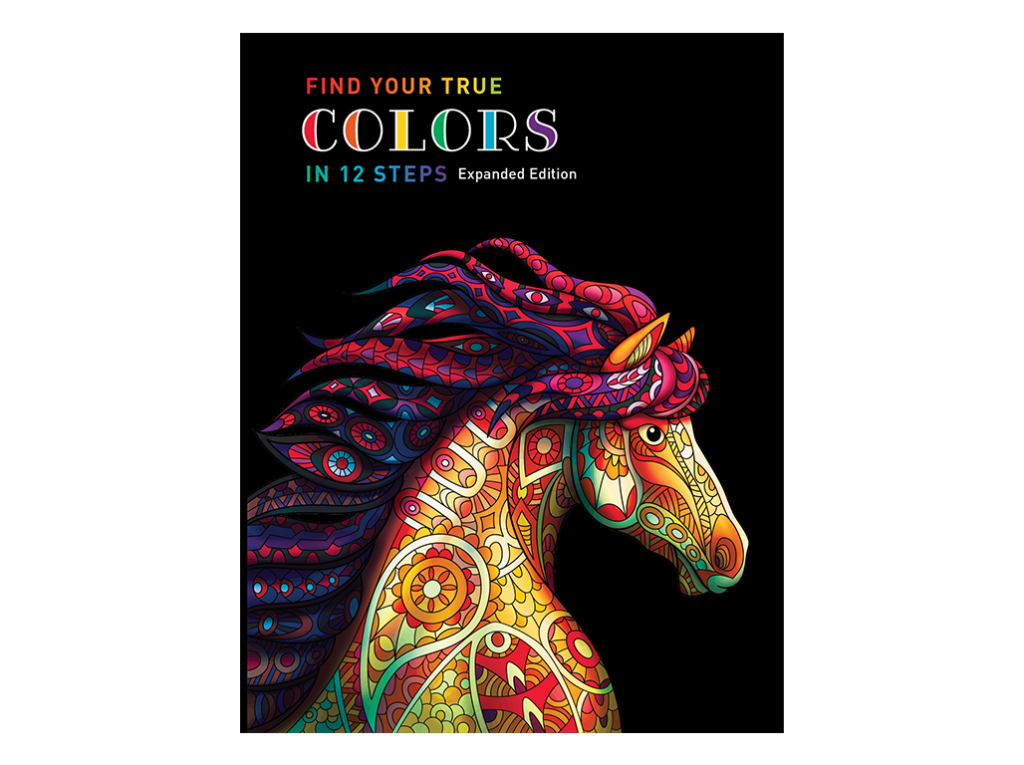How did do you restore relationships in recovery? Boy, that was a question that stumped me and my daughter for years. People’s behaviors change when family members are using, and our relationship was destroyed almost beyond repair. Lindsey thought I was a terribly controlling and mean mother. I thought she was controlling and even meaner. And frankly, both of us were a little bit right. Our problems that began with substance use and escalated over the years made getting along impossible. We needed help and separation to recover.
Are You Longing To Restore Restore Relationships In Recovery
Wouldn’t you just love to restore relationships in recovery that had been destroyed by addiction? I certainly did. In the high school years of my daughter’s substance use, all I wanted was for using substances to stop. I did what many parents do. I covered it up. I didn’t tell anyone. I thought substance and alcohol use was a phase. I was in denial. Then I got scared, and treatment began; then I got furious. That was a long time ago, actually 20 years ago now.
We’ve been working on it. Recovery has been the guide for me and my daughter, Lindsey, for more than two decades now. As a mother and daughter, we’ve been studying and writing about addiction and recovery since 2010. Now we’re creating workbooks, so other families can learn healthy behaviors like we did.
Why Is Recovery So Hard For Every Family
Recovery takes time and patience. It may not work the first, second, or third time. Who has the patience to stay sweet and hopeful and balanced? I sure didn’t. As each one of my phases of coping with the trauma of addiction progressed, my family members moved farther and farther away from me until I couldn’t do or say anything right. I’d fallen into the addiction trap as completely as my loved ones had. We were a dysfunctional family. And you know what? I don’t know any family that has escaped this trap. We expect things will return to normal where we are all respectful, honest and responsible when we or our loved ones get sober, but that doesn’t happen.
Guess What, Sobriety Does Not Magically Restore Relationships
Here’s what happens in relationships. We love our children. We love our spouses and lovers, friends and family members. And they love us. When substance or behavior use impacts those precious relationships, however, all of our personalities change. That doesn’t mean children stop loving parents who try to help them, or parents stop loving children who keep using. It means new behaviors we haven’t experienced before like lying, hiding our feelings, manipulating, negotiating, controlling, along with the inability to communicate honestly, break our confidence in each other and our precious circle of love.
It may seem as if we hate each other, but underneath the hurt and anger we really still love each other deeply and want those connections restored. When feelings associated with addiction get so hot and volatile that you can’t talk about anything or even be together in the same room, you have to calm down before you can reconnect in a healthy way. That’s why Lindsey and I created workbooks for the new decade.
What Is The State Of Your Relationships Right Now
Regardless of whether your loved one is using or not, here are some questions to ask yourself about your relationship. This can apply to any relationship.
- Are you in a place where everyone is angry, and no one is listening?
- Do you feel you can’t tell your loved ones what you think without starting an emotional nuclear war?
- Can you talk openly, objectively, and honestly about what’s going on?
- Do you feel lost and battered and blamed no matter what you say?
- What are you willing to do to improve the situation?
- Can you take a good look at yourself?
Three Ways You Can Restore Relationships In Recovery And Close The Circle Of Love Again
Provide Emotional Safety
Everybody is different, but there are some key components to restoring relationships. One of them is emotional safety. We have to feel we won’t be judged or blamed. We have to feel understood. My recovery began when I stopped relying on sobriety as the solution. Addiction had changed my family for the worse, and we had to change again. But how? We couldn’t go back to life before addiction. Too much damage had occurred. We had to start over.
For me, that meant that I, as the adult and mom, had to learn to listen and to accept that I wasn’t perfect. I made mistakes and could hurt myself. I had to let go of wanting to be right. I had to detach from outcomes and not be codependent. I had to accept that I might lose the fight. That’s a lot of changes for one mom to make. To restore relationships in recovery, I had to provide a safe space for my children so they could return home to a better me. Al-anon was helpful in teaching me how to do that. You can go to therapy from now until doomsday, and not digest the fundamental fact that good relationships require emotional safety.
Learning To Listen Will Help Restore Relationships In Recovery
One way you can truly restore your relationships is to learn to listen without having to respond and react to every little thing you don’t like hearing. This is a hard step, especially if you don’t agree with what’s being said. But, if a friend or family member doesn’t feel safe talking to you because of how to react, and possibly get defensive then that’s something you may want to address.
Self-Improvement With Self-Help Books
We write self-help books at this company, so of course, I’m going to recommend them! Our newest book, The Mother-Daughter Relationship Makeover is a hybrid self-help/memoir we wrote to help all mothers and daughters get along better. The goal is to understand your own family history, personality, communication styles, triggers and trauma, and conflict resolution. The book is a transformative experience so please check it out.
100 Tips For Growing Up

After writing and researching recovery for Reach Out Recovery in dozens of articles over the years, my daughter Lindsey compiled tips from experts that guided her on her 20-year recovery journey. She added her own insights, notes, and space for journaling in her newly published 100 Tips For Growing Up. This simple book of tips from professionals to improve life at any age is already getting raves. See inside the book.
Find Your True Colors In 12 Steps

As I noted above, families don’t get healthy without an information path to follow. Recovery literacy is crucial for everyone impacted by addiction, and there’s no better way than to explore it through art, journaling, and recovery philosophy. That’s the reason we first combined coloring, journaling, and recovery principles into a workbook anyone can use. It’s one way to help restore relationships in recovery.
In 2018, we created the first edition of Find Your True Colors in 12 Steps. It was a good beginning and sold out three printings. But a more comprehensive edition was needed. We spent 2019 working on an expanded version that offers more information, more pages to color, and more writing prompts. This Find Your True Colors is perfect for people in treatment programs, teens and family members impacted by addiction, and anyone who loves coloring and learning. See inside the book. Get yours on Reach Out Recovery or Amazon
Now everyone can have the tools we used to restore our relationships in recovery.
This Is How To Stop An Argument Cold





















